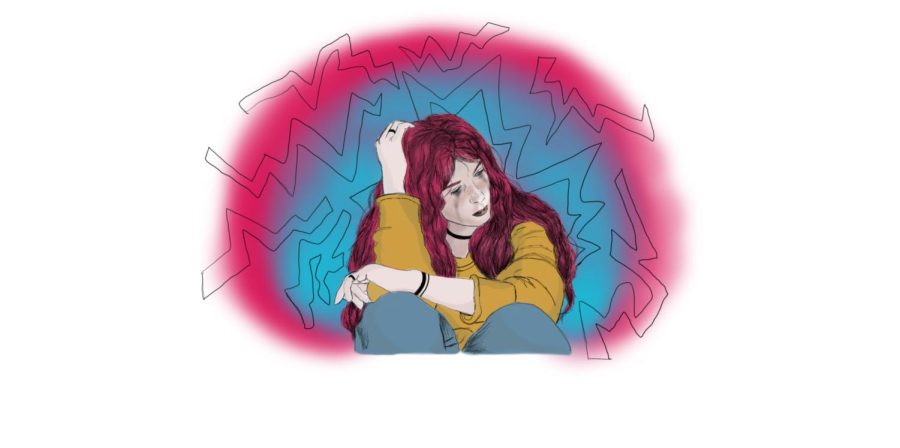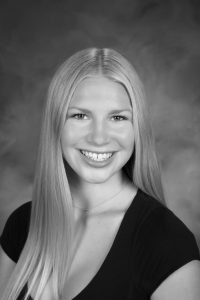U Works to Open Conversations about Sexual Assault and Awareness
(Design by Storey McDonald | The Daily Utah Chronicle)
April 17, 2023
Over the past few years, the University of Utah has worked to create a safe space for survivors of sexual assault on campus and is continuing to do so for Sexual Assault Awareness Month. This year’s campaign is called “We See U. We Believe U.” Throughout the month, the U will be holding various events that uphold their “promise to believe, listen, and support survivors” including an HIV and STI testing clinic, a film screening of short clips, interactive discussions and more.
Sonia Salari, a family and consumer studies professor at the U, said the main goal of Sexual Assault Awareness Month is to bring light to different aspects of sexual assault, including all the cases and realizing that more happens than meets the eye,
“There are a number of sexual assaults that take place that we don’t even know about and that are difficult to even measure because it is one of the most underreported crimes that we have,” Salari said. “A lot of it is hidden, and people are suffering in silence.”
According to the National Sexual Violence Resource Center, one in five women and one in 16 men experience some sort of sexual assault while in college. Additionally, “More than 90% of sexual assault victims on college campuses do not report the assault.”
Many people have a very generic image of what sexual assault is, and a large number of sexual assault cases are much different than what people expect, according to Salari.
“[Sexual assault] may not look like what we stereotypically think about,” Salari said. “Some people think we’re going to be attacked out on the street with someone from behind the bushes or something like that. It’s more likely to be somebody who’s an acquaintance.”
While sexual assaults from strangers do occur, 73% of all sexual assaults are committed by a non-stranger, according to New Hope.
Expanding Support
Awareness about sexual assault expands beyond just campus events at the U, said Natalie Montoya, director of operations for the College of Humanities, and many teachers have worked to make their classrooms a space where students feel supported.
“I believe most of our faculty just already include that university language in syllabi,” Montoya said. “… During courses, if something were to happen to a student, [U faculty] are equipped with information that they need to be able to direct the student to appropriate areas and have the support for, say an extension. A lot of our faculty are able to do that and assist when these situations arise.”
Besides faculty, students who experience sexual assault can turn to the Center for Student Wellness or the University Department of Public Safety, both of which have trained victim advocates who are there to help, according to Salari.
Students can also play a role in helping and supporting each other, said Salari, and it is important to not blame victims for what has happened when talking about sexual assault and to express sensitivity about this topic.
“There may be people that you don’t even know have some victimization history or are coping with some of the problems that arise from this type of isolation,” Salari said. “… Other things that students can do is realize if somebody’s in an abusive situation that might include sexual abuse, that it’s not always easy to just leave, so that’s kind of victim blaming.”
Salari said people need to recognize how distressing sexual assault can be and that survivors have the right to make the decision that is best for them about how to proceed after the incident.
“Certain things can be re-traumatizing to a victim and that’s why we give people the autonomy to make their own decisions about how they would like their own case to proceed,” Salari said. “Maybe going through the court system is not what they wish to do. But there might be a way to have some other restorative justice techniques and community help as well.”
Montoya wants students to know that their voices are heard, and the U will continue to work on expanding assistance available for students.
“The university is listening,” Montoya said. “They’re here. They’re hearing each and every one of them, that they’re working on their resources, the assistance that they’re able to give, having more broadly, whether it be more appointments, more walk-ins. We’re listening, we’re here.”








